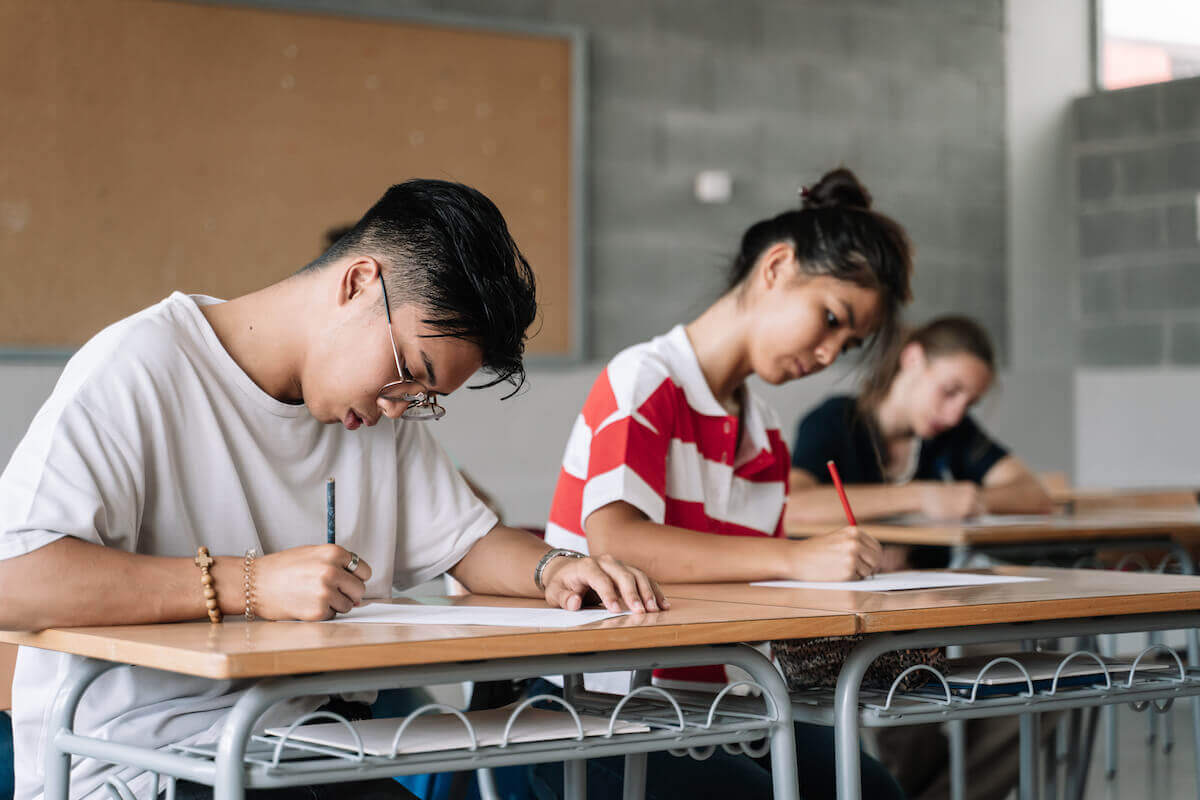Amidst recent predictions that the SAT is poised to make a comeback at Ivy League and other top schools, Dartmouth has become the first Ivy League institution to retire its test-optional policy. Applicants to the Class of 2029 will again be required to submit standardized testing scores as a component of their undergraduate applications. While it is the first in the Ivy League to do so, Dartmouth joins MIT in the reinstatement of the standardized testing requirement.
According to the university’s announcement, the policy change was ignited by emerging data on the role of the SAT and ACT in admissions. A recent study conducted by a working group of Dartmouth professors in economics and sociology concluded that: “high school grades paired with standardized testing are the most reliable indicators for success in Dartmouth’s course of study.” This conclusion echoes statements published recently in The New York Times’ far-ranging evaluation of the SAT. The article notes that standardized test scores tend to be a better metric for predicting success in college than grade point average, quoting M.I.T. Dean of Admission Stuart Schmill: “Just getting straight A’s is not enough information for us to know whether the students are going to succeed or not.”
Contrary to pandemic-era assumptions about the potential of standardized testing to exacerbate inequalities in the admissions process, the Dartmouth study further added that: “these test scores better position Admissions to identify high-achieving less-advantaged applicants and high-achieving applicants who attend high schools for which Dartmouth has less information to interpret the transcripts.” Researchers found that test-optional policies unintentionally created a barrier for less advantaged students due to the fact that such students often opted against submitting their scores, even when those scores would benefit their application and demonstrate their preparedness for Dartmouth’s rigorous curriculum.
Importantly, the university notes that students’ perception of what admissions officers look for in scores is strongly misunderstood. The press release states: “The absence of such scores underscores longstanding misperceptions about what represents a “high” or a “low” score; those definitions are not binary. A score that falls below our class mean but several hundred points above the mean at the student’s school is “high” and, as such, it has value as one factor among many in our holistic assessment.”
In an interview with The New York Times, Dartmouth President Sian Beilock and Admissions Dean Lee Coffin indicated that the reinstated policy may also have the effect of lowering the number of applicants—a possibility that could be beneficial toward raising rates of admission.
The move to revive testing requirements could have a significant impact across the Ivy League, as numerous schools report that they are in the process of reevaluating their policies. Princeton University states that the institution “continues to assess the effects the pandemic has had on teaching and learning in secondary schools in the United States and around the world” and “the role standardized testing should play in our admission process.” Yale has also indicated that they expect to announce their long-term strategy for testing requirements this winter.
With this new development, the status of test-optional policies at Ivy League institutions stands as follows:
- Brown | Extended through the Class of 2028
- Columbia | Extended indefinitely
- Cornell | Extended through the Class of 2028
- Dartmouth | Terminated
- Harvard | Extended through the Class of 2030
- Penn | Extended through the Class of 2028
- Princeton | Extended through the Class of 2030
- Yale | Extended through the Class of 2028
For more information about how you can achieve your goal score on the SAT or SAT, check out our comprehensive guide to standardized testing!
Originally published on Forbes












